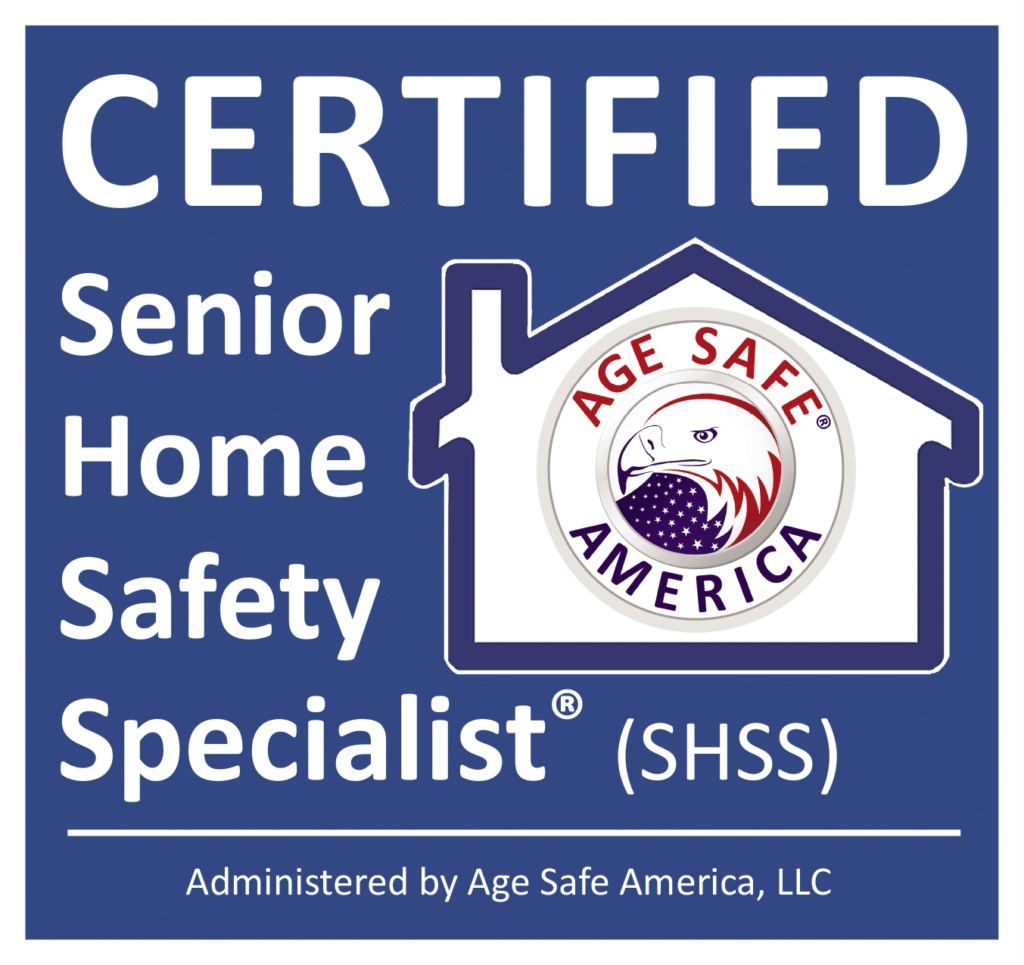There’s often a lot of talk about high blood pressure and the dangers that go along with that condition. But for some seniors, low blood pressure is more of a concern. Low blood pressure takes place when blood flows through the blood vessels at lower than normal pressures. Blood pressure is the force of blood pushing against the walls of the arteries as the heart pumps blood. For most adults, normal blood pressure is usually less than 120/80 mm Hg. Those with low blood pressure have blood pressure that is lower than 90/60 mm Hg.
Some people have naturally low blood pressure that needs to be monitored throughout their lives. But sometimes blood pressure changes and your loved one may start to notice some new symptoms in her everyday life. She might comment to her senior home care provider that she feels dizzy or lightheaded. She could feel like she’s having heart palpitations.
There are several causes for a drop in blood pressure to look into if your elderly loved one has noticed a change in her blood pressure or if her readings are consistently lower than normal.
Hormone-related diseases
Diseases that affect the parathyroid and adrenal glands can cause blood pressure to drop. Other conditions such as low blood sugar (hypoglycemia) or diabetes can also cause a drop in blood pressure. If your loved one has any of these conditions and struggles with low blood pressure as well, the doctor may make some suggestions for lifestyle changes or prescribe some medication to help with her blood pressure.
Heart conditions
Heart valve disease and an extremely low heart rate (bradycardia) can cause low blood pressure.
Severe Infection
If an infection gets into the bloodstream, it can cause a person’s body to go into septic shock which will lead to a dangerous drop in blood pressure.
Dehydration
Possible low blood pressure is just another reason to drink plenty of fluids throughout the day, especially if your loved one is outside in the heat. If she doesn’t have enough water in her body, the amount of blood in her bloodstream increases. This will cause blood pressure to drop. Have your senior home care provider prepare a pitcher of water or other non-caffeinated drink for your parent to drink each day to prevent dehydration.
Another way your loved one can become dehydrated is when she is ill. Fever, diarrhea, and vomiting can all cause dehydration so if your loved one becomes ill with the flu, continue to monitor how much fluid she can take in.
Medications
Some medications can lower blood pressure. Have your loved one’s pharmacist review any side effects such as low blood pressure with your loved one before she starts to take any medication.
How Senior Home Care Can Help with Low Blood Pressure
Most of the time (unless it’s a medical emergency), low blood pressure can be managed with some lifestyle changes and possible medication. Your parent may need to change positions more slowly (such as standing or laying) and may need the assistance of someone like her senior home care provider to help her with chores that require a lot of bending and stooping.
Source
https://www.webmd.com/heart/understanding-low-blood-pressure-basics
If you or an aging loved one are considering senior home care in Brownwood, TX, please contact the caring staff at Clear Path Home Care today. Call 254-559-2030
Clear Path Home Care provides compassionate, high quality home care in McCulloch County, San Saba County, Mills County, Hamilton County, Runnels County, Coleman County, Brown County, Comanche County, Eastland County, Callahan County, Palo Pinto County, Stephens County, Shackleford County, Jack County, Young County, Throckmorton County, Baylor County, Archer County, Clay County, Wilbarger County, and Wichita County in Texas.
- 5 Things Seniors Can Do To Avoid Rashes - May 14, 2024
- Here’s Why Seniors Should Be Practicing Gratitude - May 2, 2024
- When Does Your Senior Mom Need Companion Care? - April 18, 2024






